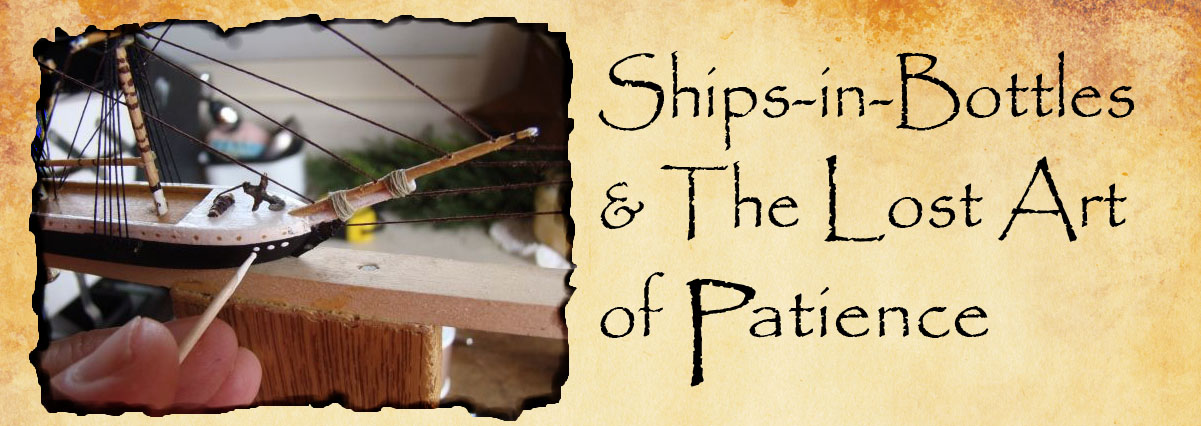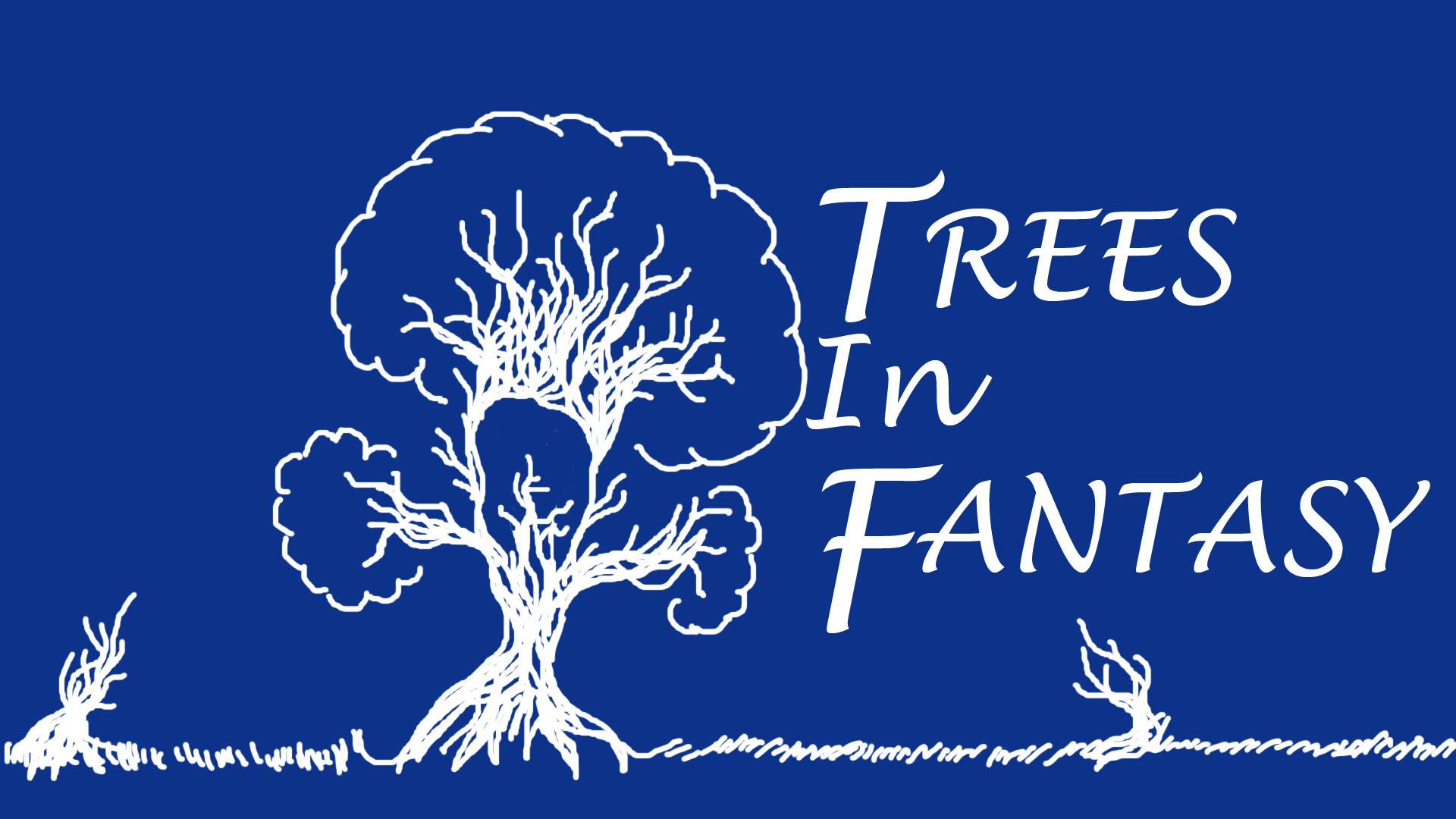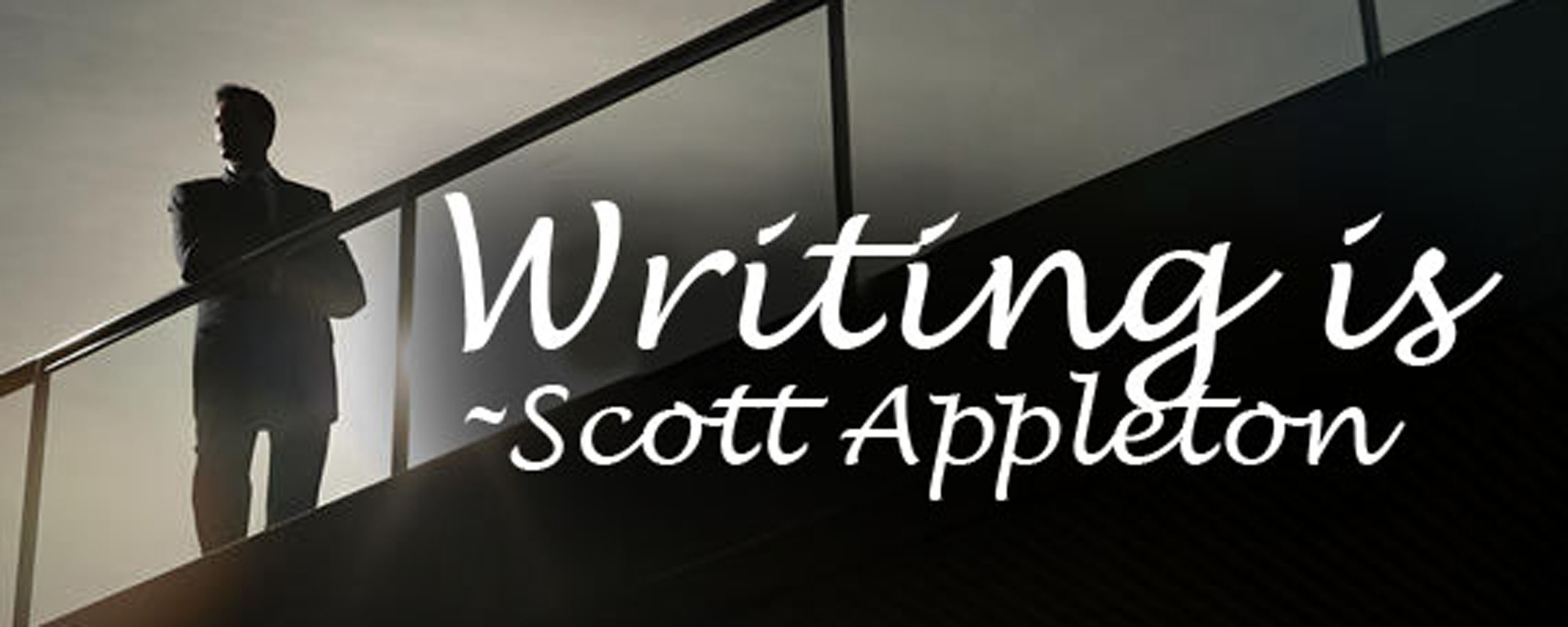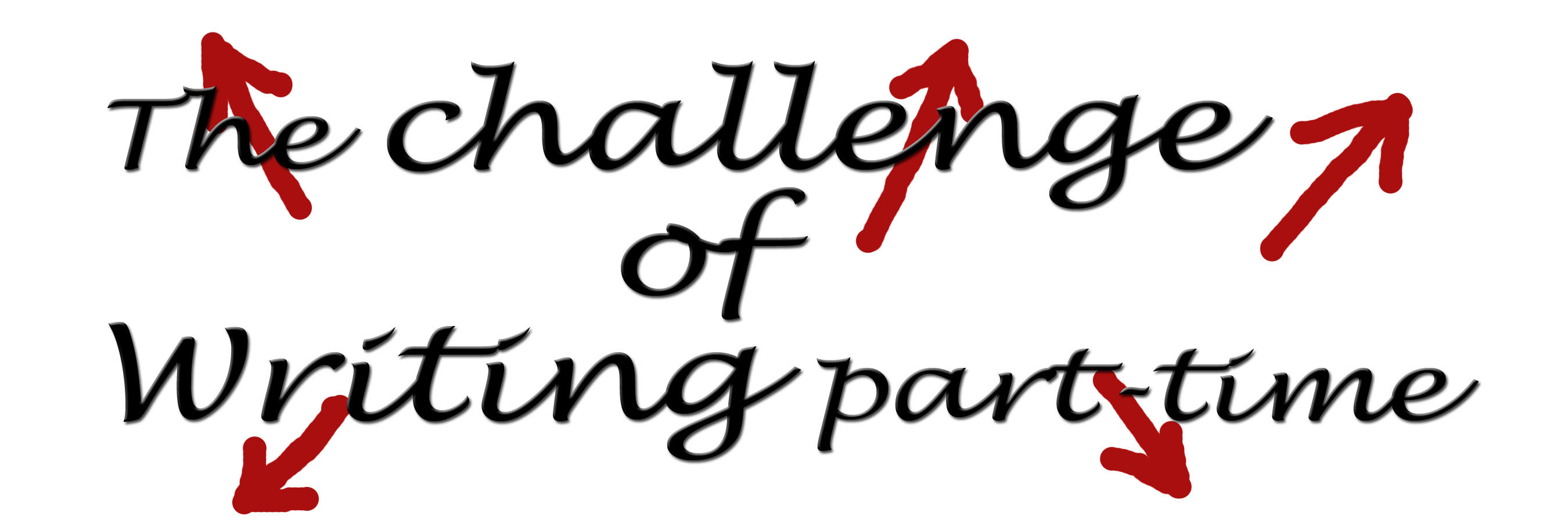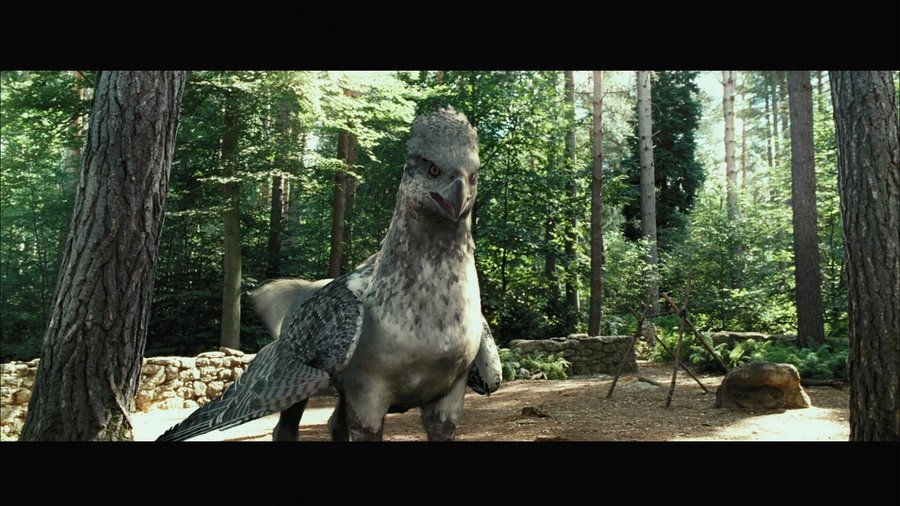Sleep, Reflection, and the Writer
My mind is like an engine running overdrive. Ideas are pouring in all the time and I’m running with them. The visions I have for the future are pending realities I’m striving to bring to pass. This last few months has been crazy busy. Work, writing, website maintenance, travel, and now moving. Like it does every time after I run on burnout for so long, my mind has crashed. It reminded me how important balance of sleep and work is in the life of a writer.
Push, push, and push harder! It seems I fall into this trap again and again. Yet one thing is certain, that drive to achieve has been a great asset in my life. When my wife and I were first married I was working a decent-paying job at a factory. Then I finished my first novel and we spent, it seemed, every free hour driving to some bookstore or library to promote and sell my novel. I wanted it to succeed and, it did, but only after I quit my job and we hit the road for about five months. We hit around eleven states from New Hampshire to Georgia and I signed so many books that my hand cramped on multiple occasions.
That trip was a leap of faith. We had a vision for what God could do with my writing and we followed it. It was a scary thing to do at first, but the longer we stuck at it the greater the impact we had. When that first book tour was finished I remember feeling rather burned out.
This month we moved from Connecticut to South Carolina. Again, following the vision God has given me for our family. I feel burned out now. My creativity is a bit drained. Yet I know that I am reminded that I can return to that same productivity level if I persist and create a routine that achieves my goals.
It is easy to stay up until all hours working on various projects, but without sleep the mind reaches a state of exhaustion. When that happens we lose our ability to produce our best work.
Reflection is also important to the process. When I was a kid I had no responsibilities outside of the home. The result was that I had time to sit and read, time to ponder life and its intricacies. Reflection as to what kind of stories I wanted to write, what kind of man I wanted to be.
It is often in the silence, often in the stillness that we refresh our creativity. Our present society rushes from one thing to the next. Little if any value is placed on sleep, reflection, stillness. We can either become casualties of our own drive, or we can look at our future over the long haul. If we consider the effect it will have on our relationships and our physical needs we will prioritize proper rest and strive to take quiet time to reflect.
The writer cannot afford the cost of working overdrive non-stop. Take value in slowing down your life. Enjoy the moments. Enjoy the memories. Step back and let your engine cool before you take it on the road again.
Q: Do you give your mind the rest it needs in order to maximize creative flow?



